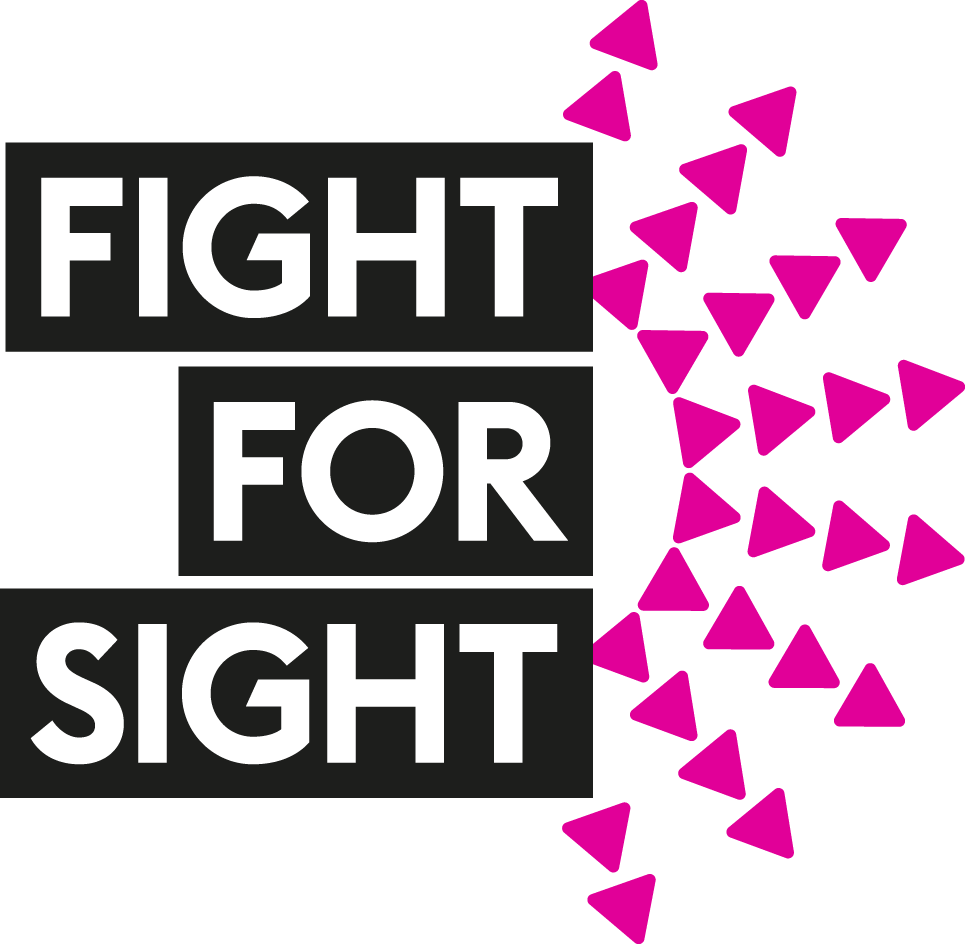New gene therapy helping treat patients with inherited eye condition

A new gene therapy has been used to treat patients with retinal dystrophy - a rare inherited eye condition which causes blindness.
This is the first gene therapy to be approved and paves the way for more treatments to stop blindness.
The gene therapy is for patients who have retinal dystrophy as a result of a faulty RPE65 gene and has been shown to improve vision and prevents the condition from getting worse.
The treatment, called Luxturna and licensed by the drug company Novartis, was approved by NICE last year. NICE estimate that just under 90 people in England will be eligible for the treatment, which is delivered via an injection into the back of the eye.
Professor Robert MacLaren carried out one of the first surgeries to deliver the gene therapy at John Radcliffe Hospital in Oxford. Professor MacLaren has pioneered research into gene therapies for inherited eye conditions, aided by Fight for Sight funding, including choroideremia and Stargardt disease.
Head of Research at Fight for Sight, Dr Rubina Ahmed said: “The availability of this new treatment is extremely promising news for patients with a genetic change in the RPE65 gene. A number of areas are showing promise, so with more funding for eye research, we can continue to make breakthroughs like this and find new treatments for the prevailing causes of sight loss.”
Fight for Sight were actively engaged in the commissioning process for approval of this gene therapy by NHS England and will continue to work alongside other commissioning authorities to ensure as many patients as possible can benefit from Luxturna throughout the UK.
Last week, the Scottish Medicines Consortium (SMC) accepted Luxturna as an orphan drug. Companies are now required to gather data over the next three years on how the medicine effects both the patient and their carer before the gene therapy can be approved in Scotland. However, patients in Scotland with retinal dystrophy can still access the treatment during this period, if their healthcare provider thinks it is right for them.
About retinal dystrophies
A retinal dystrophy is a condition associated with reduced or deteriorating vision in both eyes. The term refers not just to one single condition, but rather is a general name given to a wide range of eye conditions (for example, Retinitis Pigmentosa).
Most retinal dystrophies are genetic. This means they are caused by a mistake in a person’s genes and both eyes are likely to be affected. People with a mutation of the RPE65 gene may be suitable for the new treatment.
Podcast: Possible gene therapy for Stargardt disease Read more about our research


